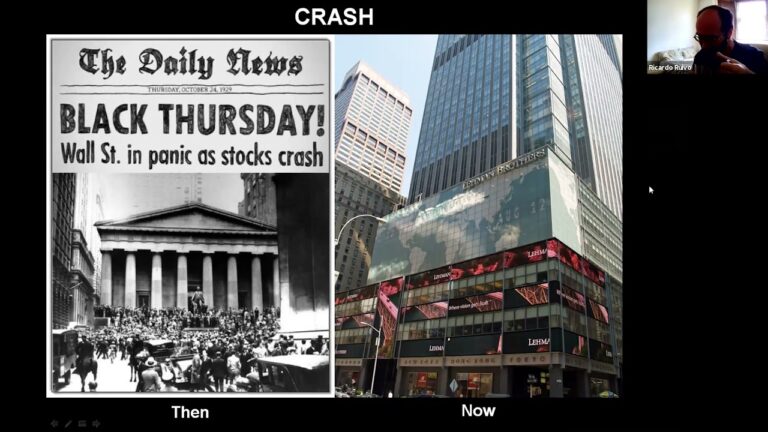
This series of events seeks to introduce political economic thinking from outside the architecture discipline as a crucial supplement to current architectural discussions, exploring the structural connection between the climate crisis and the crisis of capital, as both accelerate in the covid period and beyond. Caught within multiple and intersecting contradictions, architecture struggles today to find traction in a world increasingly at odds with disciplinary presuppositions. The series will consist of three open sessions discussing concepts and problems of political economy, and a symposium bringing together speakers from both within and outside architecture.
In session 2 of the series, we will go into greater detail on the theory of Keynesian economics and the history of its associated political formations – the European Welfare State and the American New Deal. What was for decades the mainstream economic policy of the capitalist West was gradually abandoned since the 1970s and replaced by what became known as neo-liberalism. The difference between the two is often understood through the distinction between “demand-side” and “supply-side” economics. Today, the rising popularity of the “demand-side” Keynesian position appears as the alternative to the failure of neo-liberal austerity. However, the contemporary political perception of this position is incomplete, not fully understanding what the historical New Deals actually entailed nor the reasons for their eventual replacement. Challenged by Marxists, Keynes himself was aware of the potential problems with his approach in the long run, but famously quipped “in the long run we’re all dead”. Faced with the climate crisis, the joke has become a bit too literal.
Eleni Axioti is a researcher and an educator. She is lecturer in contextual studies at the University of the Arts London and teaches history and theory of architecture at Architectural Association. She completed her Ph.D. at the AA on the dissolution of the architecture of the British welfare state. Her work focuses on architectural history in regard to issues of government, social policy, and political economy.
Will Orr is a British-Canadian theorist and historian based in London. In 2019, he completed a PhD at the AA, where he teaches in the history and theory programme. Using an historical materialist framework, his research examines the interplay between political and architectural theory from the 1960s to the present.
Ricardo Ruivo is a Portuguese architect, researcher, and teacher at the Architectural Association School of Architecture, where he completed his PhD. His work focuses on the tensions between architectural form and political content in architectural discourse, and on contemporary problems internal to the rising effort towards a re-politicisation of the discipline.
source